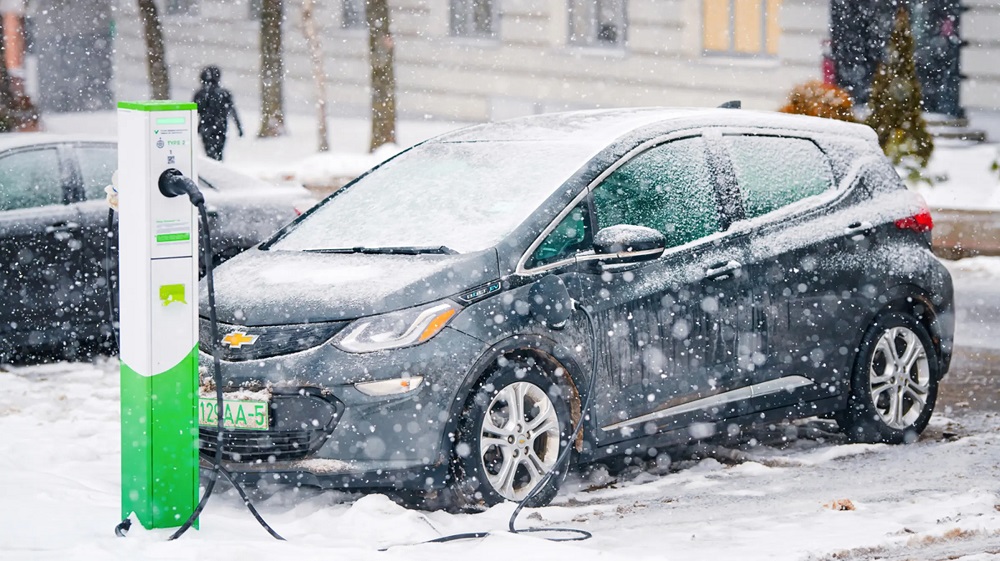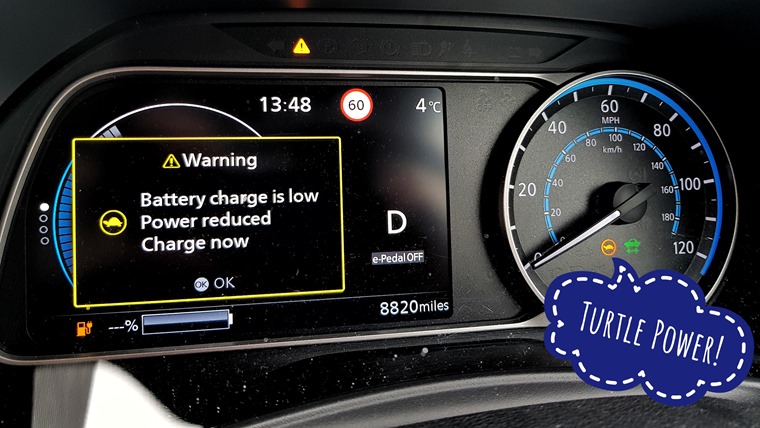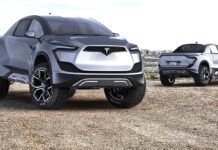According to recent research, cold temperatures significantly reduce the performance of electric vehicles, particularly battery life.
According to one AAA study, cold temperatures can reduce the range of the batteries in most electric vehicles by more than 40%. It was also noted that when the interior heaters are used, the performance can be even worse.
Even electric car owners who live in hot areas are not safe, because high temperatures can reduce battery range, albeit to a much lesser extent.
Fortunately, this damage is not permanent, and battery range returns to normal when average temperatures return; however, even if this is the case, electric cars would be unfeasible for a large portion of the population who live in areas where temperatures are not ideal.
This fact has been discovered by electric car owners over the years as they have attempted to drive their vehicles in extreme temperatures. Owners of electric vehicles are discovering that their new vehicles are much more sensitive to temperature than their previous vehicles.

According to Greg Brannon, AAA’s director of automotive engineering, it is critical for electric car drivers to understand that these vehicles have limitations in extreme climates so that they are not caught off guard and left out in the cold when their car unexpectedly runs out of battery life.
AAA tested 2018 models of the BMW i3s, Chevrolet Bolt, Nissan Leaf, Volkswagen e-Golf, and the 2017 Tesla Model S 75D in the study. Each of these vehicles has a minimum range of at least 100 miles per charge, but many of them lost significant range when subjected to extreme temperatures. To test the cars, the researchers used a device known as a dynamometer. 
A dynamometer is a measuring device that looks like a treadmill and is housed inside a climate-controlled cell. The cars were tested in the dynamometer at different temperatures, 20 degrees and 95 degrees Fahrenheit, and their performance was compared to how they performed in a setting where the temperature was set at 75 degrees Fahrenheit.

The researchers discovered that driving in 20 degree temperatures reduced the driving range of these vehicles by 13%. When the interior heater in the car was turned on, the range dropped to an incredible 41% of its normal capacity.
Meanwhile, driving in 95-degree heat reduced battery life by 4% on average. These figures, however, deteriorated when air conditioning was used. The expected battery life for these cars was reduced by 17% when air conditioning was used in 90-degree heat.
Tesla issued a statement in response to the findings, claiming that data collected from customers shows only a 1% drop at 95 degrees, but the company refused to confirm this.





